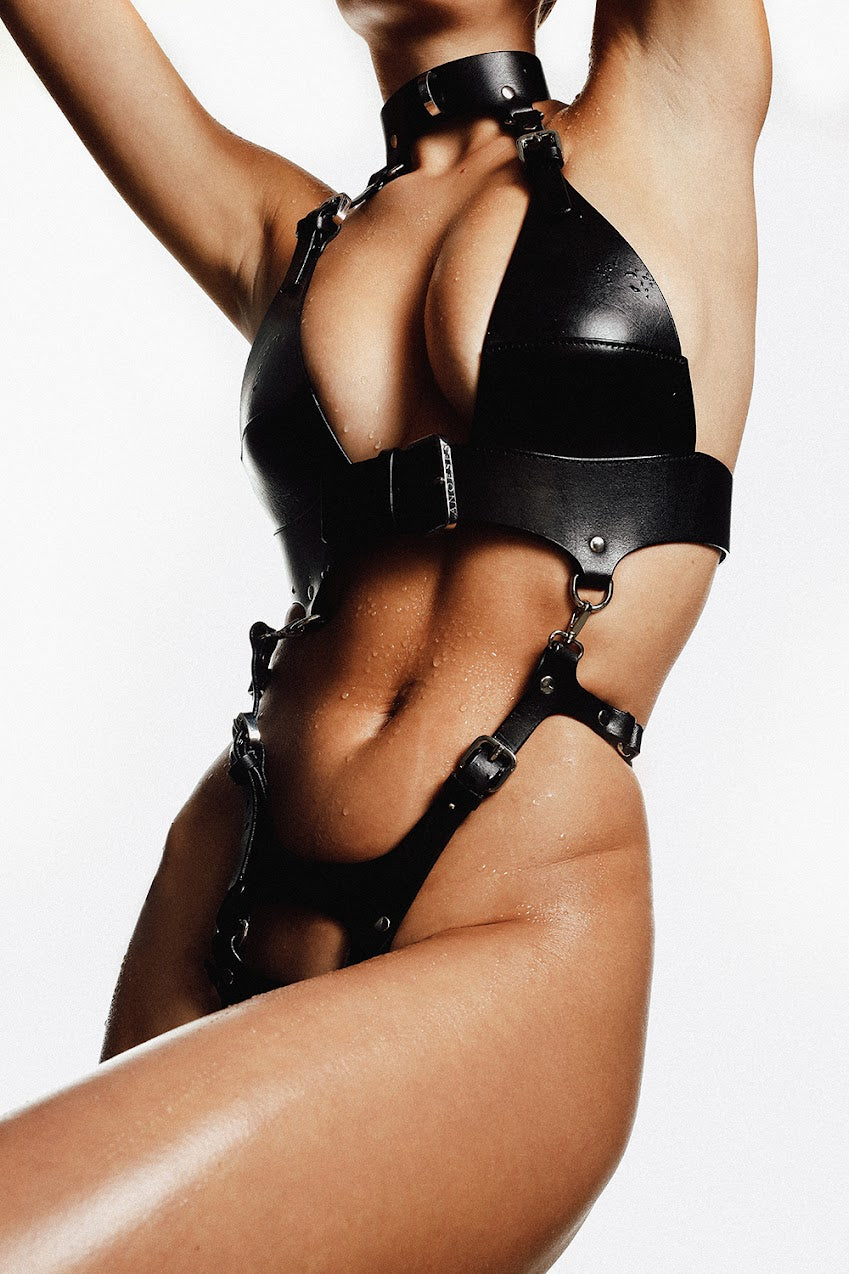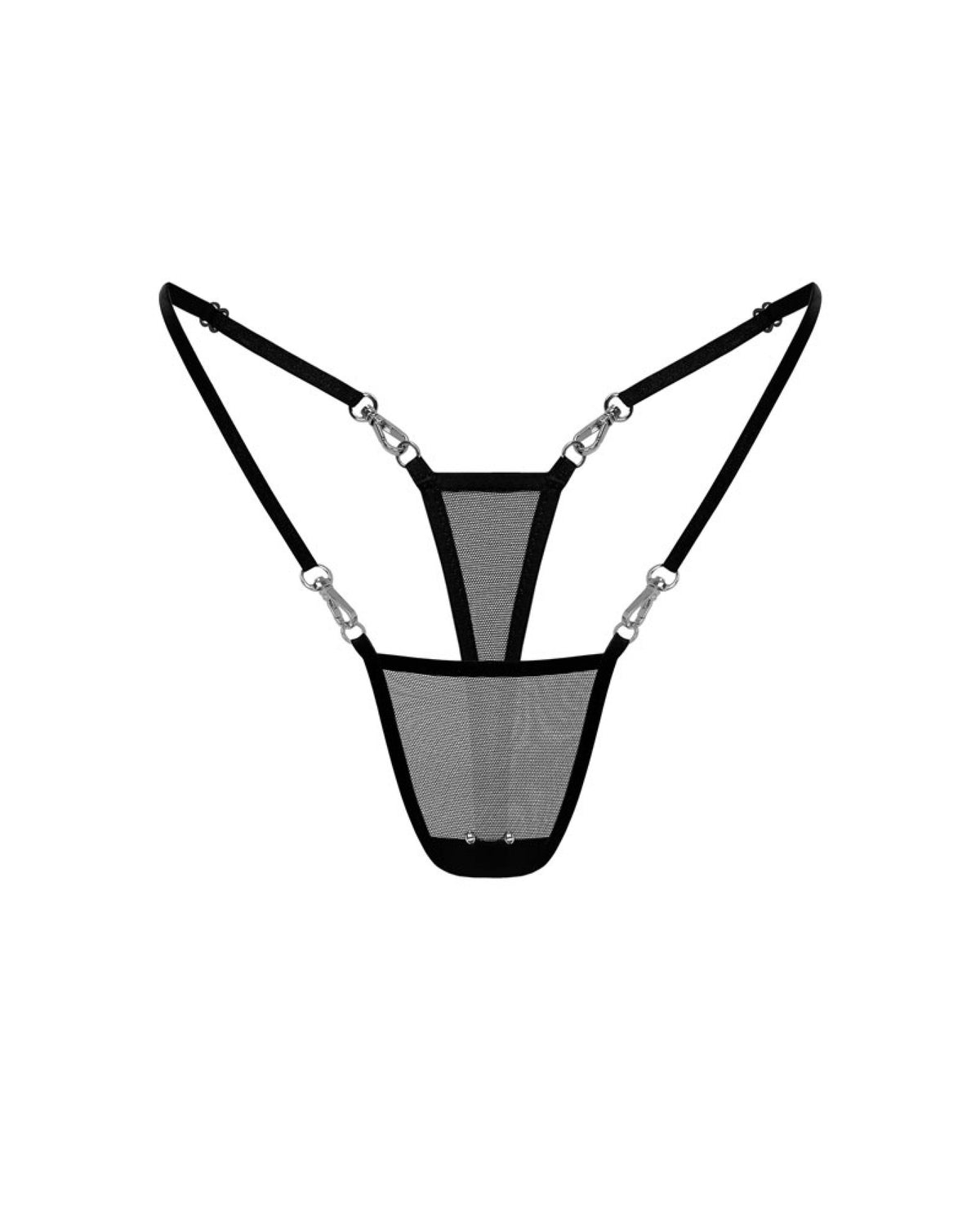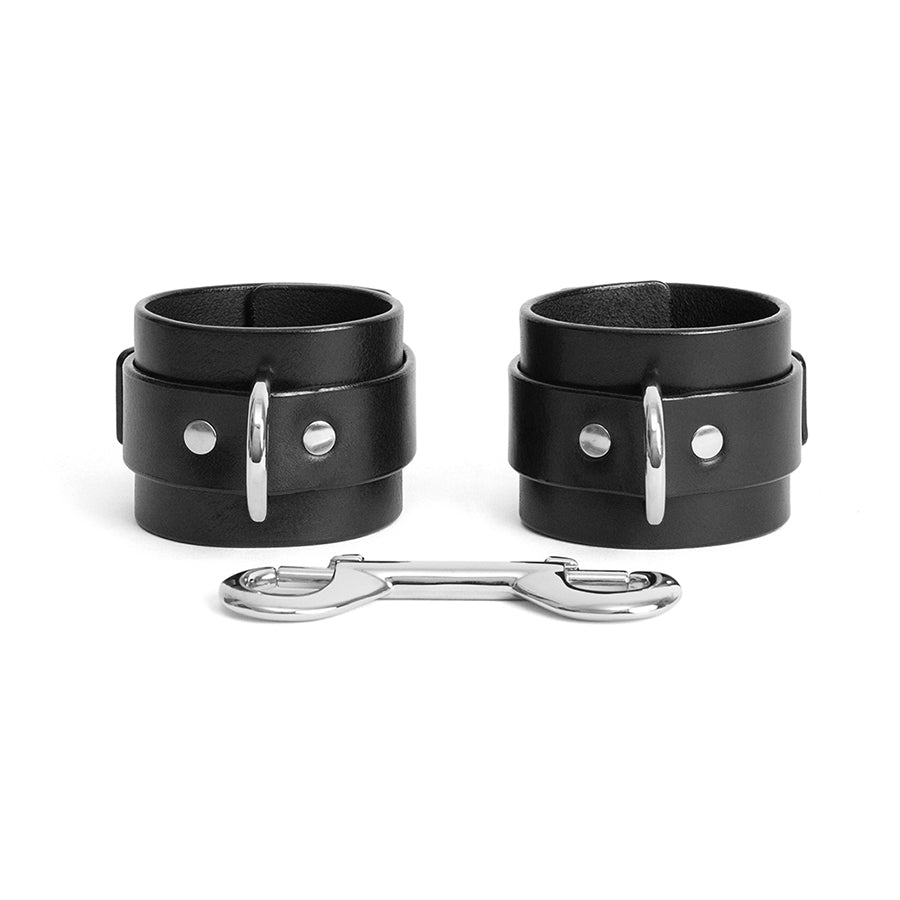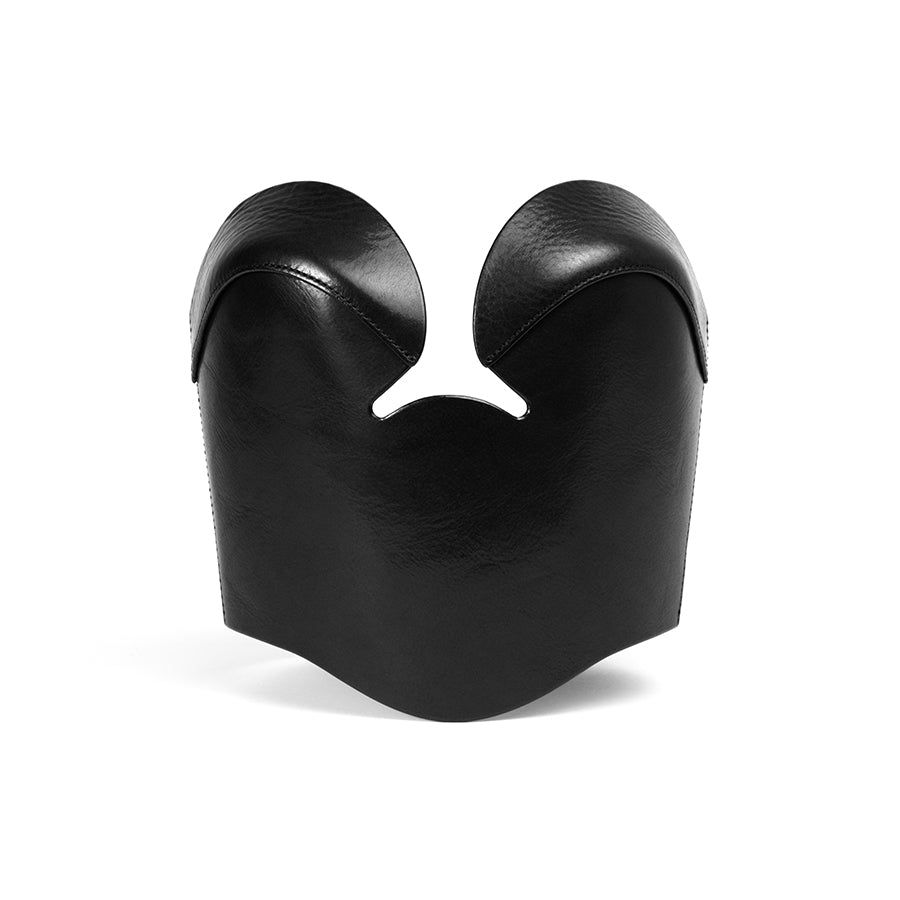Ivanko and Sashko are a couple living in Odessa with their two dogs. A volunteer and a musician, whom the war made even closer and encouraged them not to postpone engagement for an uncertain "tomorrow", but to build the life of their dreams here and now.

About themselves
Ivanko: I am 29 years old, I was born and live in Odesa, I currently work as the director of the Odesa branch of the NGO "LGBT League Association'' and deal with human rights issues.
Sashko: I am a native Hutsul, from Kolomyia, I lived in the West of Ukraine all my life until I moved to Odesa last year to live with Ivanko. I am a professional musician, a pianist currently pursuing an academic education in this field.
I: We are interested in cinematography, we follow modern theater life, and when it comes to hobbies, six months ago we started knitting, although Sashko surpassed me in this regard - I still can't finish the first sock, and he has already moved on to scarves.
S: In addition, I also love to cook, especially baking – in our family, cooking is on me.
About relationships and engagement
S: We met online on a dating app in January last year, meeting in person for the first time in Ternopil - at the end of January, about a week later - for the second time, and then we decided to build a relationship. At the same time, we immediately had the desire to build something serious, create a family and get married. Before the start of the full-scale invasion, we were thinking of going abroad and getting married there - although the marriage would not be valid in Ukraine, it would be a certain symbol for us, we are not just people who love each other and live together, but we are people who are together officially, in the eyes of society and the law. It was such an important step for us, but it didn't happen as expected. Yet in the end, in August, we got engaged and exchanged wedding rings.
About coming out and family
I: All my close relatives are dead, so I have no way of knowing how they would react to our relationship with Sasha. But my coming out took place a long time ago, at the age of 18 - for the whole family, others and myself. Up until that time, although I was aware that I was attracted to boys, it seemed to me that something was wrong with me, I struggled with it. And then, thanks to the Internet, I realized that any sexual orientation is normal, and immediately opened up to everyone. Most of my environment took it for granted, my mother said it was my business, my life, that they would not interfere. For her, it even became something witty, an interesting thing to discuss with her friends, an example of something different from their ordinary life. She talked about it with our neighbors, I learned about it already after her death.
S: I came out upon turning 18 years old, just before the full-scale invasion started, and it was difficult, my relationship with my parents deteriorated. I didn't even tell them about moving to Odesa right away. Now my mother seems to accept it calmly, although there was a rather acute period when it was difficult for her to understand, she even messaged Ivanko with threats to go to the police and complain about him. But in the end, they can't change anything, so they had to put up with it, and I try to explain that now is such a time that no one will judge anyone anymore, everyone doesn't care who sleeps with whom. Mom reacted very emotionally, because she is choleric, like me. And my father, although very pedantic and demanding in education, took it quite calmly.

About homophobia and bullying
I: Now, at least in our collective experience, we face much less bullying than we used to face individually, now it's mostly cyberbullying on social media, especially if it's posts with a lot of reach. Sometimes we encounter this on the street when we walk, just passers-by can look back, shout at us, but I compare it with a couple years before - and it has gotten better. Previously, there was much more negativity. Almost every day, people approached us out on the street, threatened to fight, and sometimes resorted to physical violence. Once, during such a fight, I was threatened that they would track where I live, and a few days later my balcony was set on fire. I encountered homophobia from the police, I won't say that it was unexpected, but it was a traumatic experience when you go to the police with the expectation that you will be protected somehow, and instead they start humiliating you even more. And it was very unpleasant. Why do I think society is becoming more tolerant? If you look into sociological data, we have at least 3 studies in the last year that show a positive trend in attitudes towards LGBTQIA+ people, particularly a study by the National Democratic Institute, the Center for Sociology, and also a study that was conducted by the LGBT League, in the run-up to the full-scale invasion. According to them, now about 60% of the population supports the ideas of equality for the LGBTQIA+ community, including registration of partnerships, marriages, etc. Plus, again, you can pay attention to how the discourse regarding LGBTQIA+ in the media has changed, if you take the year 2018, even in the national media, hate speech was often present. Very often the wrong vocabulary was used, such as homosexualism, a stigmatizing definition. Now there are almost no such issues.
S: Regarding reactions, I was not very open, because I am bisexual, and I did not have relationships with boys before that. Ivan is my first, and I hope, my last boyfriend. As soon as I arrived in Odesa, we faced homophobia from those around us who condemned it, sometimes there were moments when Ivan had to defend us, it even came to physical fights. But now it really has become easier in this regard, although it seems to me that everyone is looking at us, but in fact everyone does not care when we walk on the street holding hands, because everyone lives their own life and there is no longer such negativity towards LGBTQIA+ as it was before.
About activism
S: I talk a lot about the rights that the LGBTQIA+ community still doesn't have, and even though everyone says that it's a minority, because it's a very small percentage of the entire population, we are still citizens of this country who have the right to have the same rights as everyone else. Because we are not different except for sexual orientation, which does not affect anything. I understand that now it is very important to convey messages to society, and this is actually one of the reasons why we agreed to participate in this project and give an interview. To be visible.
I: Until 2017, I didn't think much about activism, but then HIV came into my life - and everything changed. At first, I joined initiatives to help people go through the path that I have already gone through, to start treatment, to fight my self-stigma and the stigma of society. And then it developed into something more, not only about helping the HIV-positive, or the LGBTQIA+ community, but also about human rights and tolerance in general. For me, this is something inseparable from my worldview. For example, I may not like homophobes, but at the same time I will not condemn them, because I understand where their homophobia stems from. I do not condemn them as people, I condemn rather a phenomenon. And I have this principle in relation to everything. It's hard for me to separate now what role activism plays. For me, it's the air I breathe, something I have to do and can't live without. For example, over the past year, the organization I work with provided more than 2 million hryvnias of direct support to representatives of the Ukrainian LGBTQIA+ community. They just transferred money to people. We understand that a person who is currently in a difficult situation understands their own needs better than we could, so we don’t just send depersonalized support like the food kits. Although those were also sent in bulk. From the human rights point of view, for me activism is an opportunity to express one's opinion. In the context of the LGBTQIA+ community, this is not so much a fight for the future of everyone, it is primarily a fight for yourself. Because I understand that I do not have enough rights. My activism is my own voice.
About what changed with the beginning of the invasion
I: For me personally, a lot has changed: now I come home from work and know that somebody’s waiting for me there. Everything that I used to do for myself I do now for the two of us - these are very big changes. In the context of what is happening in the country, this is, of course, fear for life, and hatred of russians, and survival during blackouts, and getting startled to the sound of sirens and explosions. Also, I began to volunteer more, a lot of energy goes into finding support, which the community needs now and not only. I observe that our society became smarter and changed a lot during the war. I think this is partly due to the fact that the LGBTQIA+ community, in the background of the war, became more visible, especially in the Armed Forces. If earlier there were not so many openly LGBTQIA+ soldiers, now new stories are told, new coming outs can be seen and the information about LGBTQIA+ who are now defending the country spreads almost every week.
S: Everything turned completely upside down for me, first of all, the full-scale invasion had a very acute effect on my psychological state. Unfortunately, not for the better. However, I understand that it was the full-scale invasion that prompted me to come to Odesa, build a family, and create a life together. This is what helped me survive the initial phase of the full-scale invasion, the adaptation, and I went through it with a loved one who always supported me and was there for me. I understood that it would be very difficult for me to take it all myself. War makes you appreciate what you have even more, and to appreciate it right now, not to postpone life for later. If we had known what was going to happen, I think we would have gone abroad and got married a few days before the invasion. Now we are still waiting for civil partnerships to be legalized in Ukraine, because this will give us many rights that other couples already have.
About participation in the Anoeses x KyivPride project
I: For me, this is an opportunity to convey my thoughts and be heard. For example, when we conducted a survey a couple of years ago, many people, when asked if there were representatives of the LGBTQIA+ community in their environment, answered that there weren’t any. But we understood that this is not because there is no community around them, but because the community does not open up to them, because they are afraid, and rightly so. In our country, we are still unprotected, still unequal, and every platform where you can convey the idea of equality, inclusiveness, tolerance is a big plus for the common goal and our good cause. Therefore, it is important for me to take part in this project in order to convey this idea to people, to make the community more visible.
S: It is also important for me to be the face of a brand that shows that the LGBTQIA+ community is visible. It helps change society for the better. After all, many businesses do not consider LGBTQIA+ as their potential audience. How many media outlets now have a written inclusivity policy, a hate speech policy? There is almost no such thing, so I want to cooperate with those for whom tolerance and inclusivity are among the main values.
For me…
I: Freedom is respect for others and security.
S: Freedom is the ability to be who you really are and not wear false masks.
I: Courage is being Ukrainian and working for the good of the country! This is frankness. It is to express one's thoughts and feelings.
S: Courage is not being afraid of society's condemnation, being who you are, showing your nature, personality and feelings.
I: Beauty is something non-existent, distant, like that green light in "The Great Gatsby" by Fitzgerald. It is a fantasy of what we want to be.
S: Beauty is, as Lina Kostenko wrote, is always unique, and accordingly, each person describes beauty in their own way, because it is a very subjective concept.
I: Love is Sasha. Love is unconditional acceptance of loved ones, and not only that, it is a lifestyle.
S: Love is accepting a person as they are and appreciating them.






